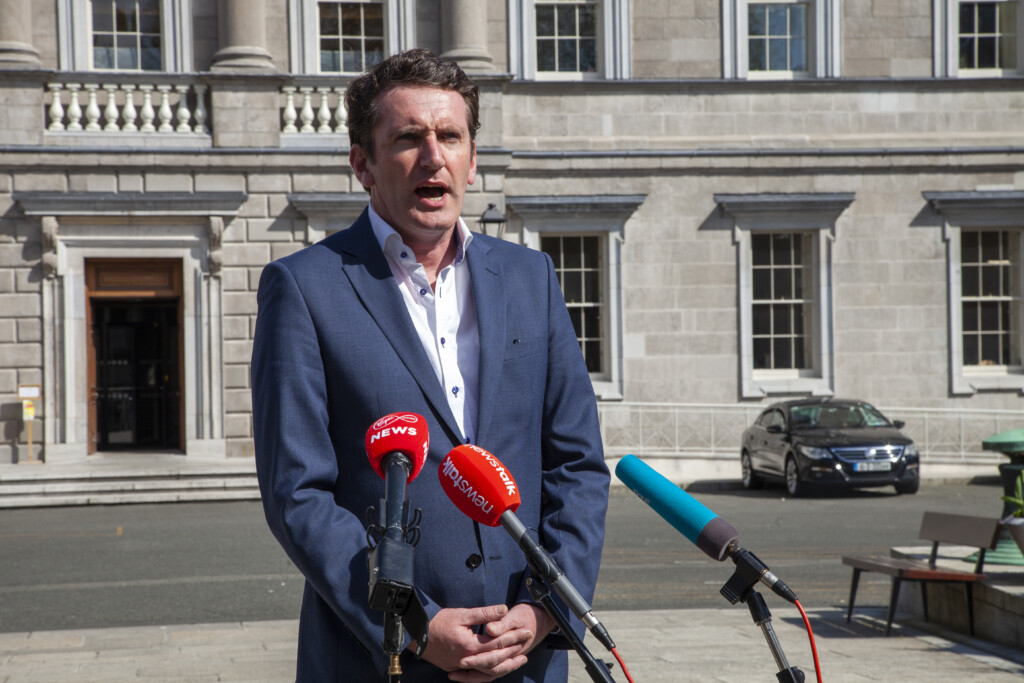Responding to reports yesterday that Garda Commissioner Drew Harris wrote to the Government seeking permission to use facial recognition technology without any public consulation, Labour justice spokesperson, Aodhán Ó Ríordáin TD caled for a public debate full scrutiny on the matter.
Deputy Ó Ríordáin said the report confirms “confirms the urgent need for standalone legislation that must be preceded by public consultation and engagement with all stakeholders at the Oireachtas Justice Committee.
“The debate in Ireland also cannot be divorced from what is happening in the European Parliament where draft legislation is close to being agreed that would regulate artificial technology and includes a ban on the use of FRT in public spaces under any circumstances.
“When the Dáil was debating in February the draft law to provide legal underpinning for Garda body cameras I expressed Labour’s serious concerns about the intention of the Minister for Justice to bring in committee stage amendments that would provide for the use of facial recognition technology (FRT) in the investigation and prosecution of crimes.”
Issues such as trust, privacy, accuracy, and data protection need to be considered during the debate, Deputy Ó Ríordáin says.
“Despite some concerns on body cams, we support the current legislation, but on FRT, we are yet to be convinced that this is the right time to bring in this incredibly powerful tool on top of what the Minister is already proposing when there has been no public consultation or scrutiny of his unpublished proposals,” he says.
“I am calling now on the Minister for Justice to confirm that he won’t seek to introduce last minute amendments on facial recognition technology.
“What he now needs to do is commit to publishing an outline of what approach his Department and An Garda Síochána would like to take on FRT, hold a public consultation, and then publish a general scheme of a bill, which could then go to the Justice Committee for pre-legislative scrutiny.
“At these hearings we could hear from An Garda Síochána, the ICCL, experts in the technology and other stakeholders.”
